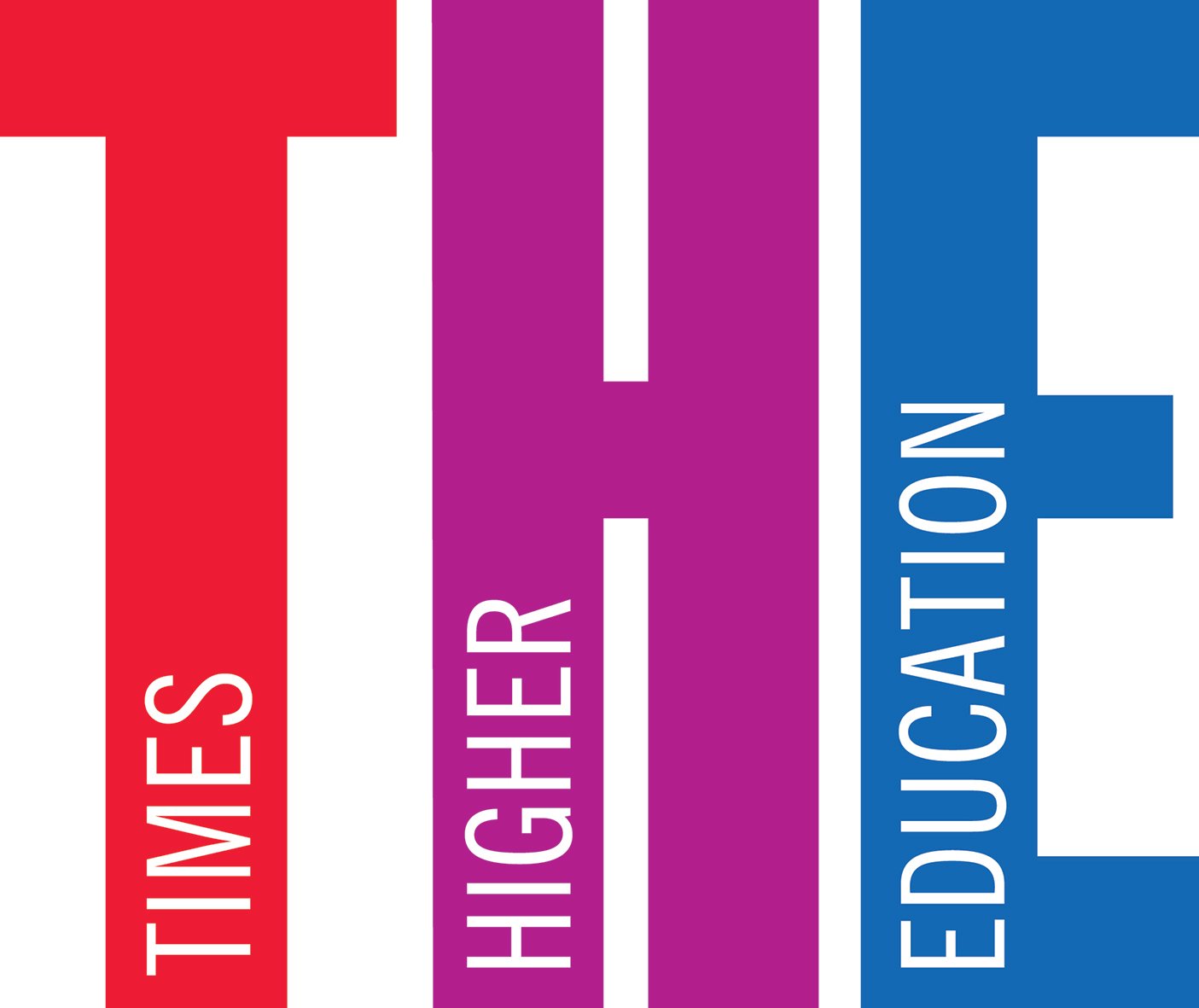You have /5 articles left.
Sign up for a free account or log in.
Irish universities would risk losing part of their funding if they fail to tackle gender inequality under proposed reforms to improve women’s promotion chances in academe.
As part of plans put forward by an expert group commissioned by the Republic of Ireland’s Higher Education Authority, all higher education institutions would face financial penalties if they did not meet targets on gender equality agreed with the funding body.
 Institutions would also be unable to apply for research funding if they failed to achieve at least a Silver Athena SWAN award (given for gender equity) within seven years, the group has recommended.
Institutions would also be unable to apply for research funding if they failed to achieve at least a Silver Athena SWAN award (given for gender equity) within seven years, the group has recommended.
Other recommendations from the long-awaited national review of gender equality in Irish higher education include having mandatory quotas for academic promotion and asking university presidential candidates to demonstrate their experience in advancing gender equality.
None of Ireland’s seven universities has ever been led by a woman, and just 19 percent of the country’s professors are women.
Máire Geoghegan-Quinn, a former European Union commissioner who led the gender equality review, said the quota-based approach was necessary because a “‘fix the women’ approach aimed at getting women to change to fit the existing culture will not work.”
“Gender balance in top leadership positions will not be achieved in our lifetimes if we just wait for change to naturally occur,” Geoghegan-Quinn said.
She added that the underrepresentation of women in senior academic roles was “not because women are not talented or driven enough to fill these roles,” but rather because “numerous factors within the institutions -- conscious and unconscious, cultural and structural -- mean women face a number of barriers to progression, which are not experienced to the same degree by men.”
Other ideas put forward by the group include ensuring that at least 40 percent of members of key decision-making bodies within institutions are women and creating a national committee to support gender equality.
Each institution will also need to appoint a vice president for equality, who will be a full academic member of the executive management team and who will report directly to the president, while all Irish higher education institutions will have to apply for Athena SWAN accreditation within three years.
“The intractable underrepresentation of women among staff at senior levels clearly signals the need for new, even radical, approaches to tackling this issue,” stated Tom Boland, chief executive of the HEA, who said that the funding body “strongly endorses” the findings and recommendations of the group.
“Over the coming months, we will continue to liaise with the Department of Education and Skills, the higher education institutions, research funding agencies and other key stakeholders to develop a detailed implementation plan,” he added.
Commenting on the plan, the Equality Challenge Unit’s Athena SWAN manager Ruth Gilligan said that the report includes “some ambitious timelines for [institutions] to apply for Bronze and Silver institution-level Athena SWAN Charter awards.”
The Athena SWAN team would “be working hard to ensure universities, institutes of technology and the new technological universities are supported at all stages of the charter process,” Gilligan added.








